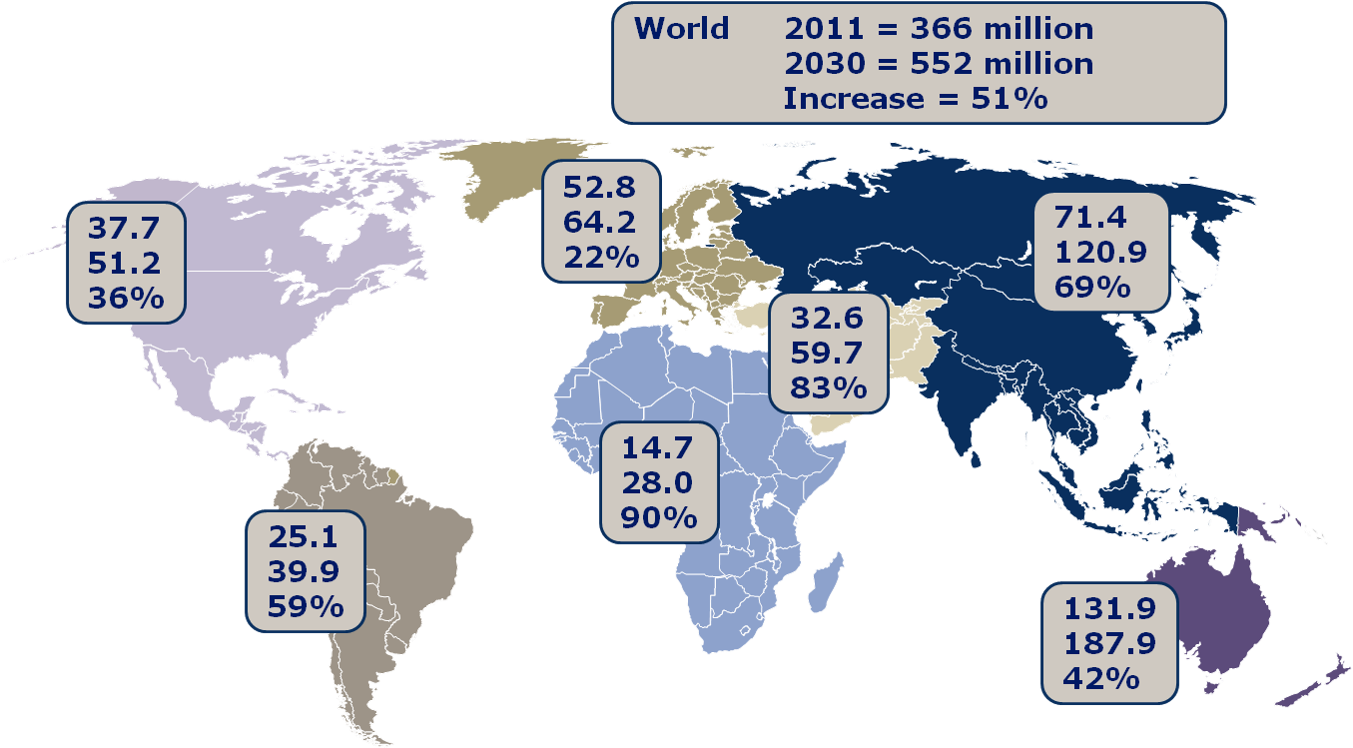

Bariatric/metabolic surgery provides long-term blood glucose control, type 2 diabetes remission
Type 2 diabetes and obesity are now worldwide pandemics, causing significant morbidity related to renal, cardiovascular, and other diseases, and they are the driving force behind preventable mortality.
Recent national surveys show that 29.1 million Americans (9.3% of the adult population) have diabetes and 34% have obesity, which together contribute to substantial individual health burden and societal healthcare costs.

According to a new study supported by the National Institutes of Health, people with type 2 diabetes who underwent bariatric surgery achieved better long-term blood glucose control compared to people who received medical management plus lifestyle interventions.
The participants who underwent bariatric surgery, also called metabolic surgery, were also more likely to stop needing diabetes medications and had higher rates of diabetes remission up to 12 years post-surgery.
The study, known as the Alliance of Randomized Trials of Medicine vs. Metabolic Surgery in Type 2 Diabetes (ARMMS-T2D) originated from four NIH-funded randomized control trials at the Cleveland Clinic, Joslin Diabetes Center/Brigham and Women’s Hospital, University of Pittsburgh, and the University of Washington, respectively.
The results were recently published in JAMA. Dr. David Cummings, professor (Metabolism, Endocrinology and Nutrition) is co-senior author.
"This is the largest, longest-term study yet examining outcomes in participants randomly allocated to metabolic/bariatric surgery vs. best medical care to treat type 2 diabetes," said Cummings. "We found that for at least 15 years, all three types of metabolic surgery examined (gastric bypass, sleeve gastrectomy, and gastric banding) were superior to various medical/lifestyle interventions for controlling diabetes and obesity."
Cummings is now working on securing funding for a cardiovascular outcomes trial of surgical vs. medical therapy for obesity.